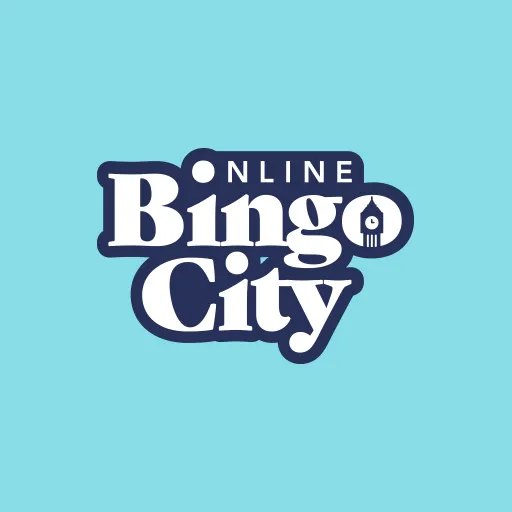If there’s one thing most newcomers underestimate in this industry, it’s bingo’s incredible ability to pull people together, for laughter, for winning, and, in special cases, for doing real good. Charity bingo in the UK isn’t just a fad; it’s a time-tested, legally viable format that blends gameplay with generosity. But it’s not just about shouting “house” and handing over a cheque. There’s structure, regulation, and community trust holding it all in place.
The legal bedrock of charity bingo
Now don’t make the fool’s mistake of thinking just any bingo night can wave the charity flag. In the UK, charity bingo events are governed by the Gambling Act 2005. If your event’s winnings or ticket sales exceed specific limits, you better believe you’ll need a licence from the Gambling Commission.
Understanding exempt and licenced events
You’ve got two paths: exempt non-commercial bingo and licenced bingo. The exempt ones, say those run at a church hall for fun or fundraising, come with tight conditions, £500 max per session, £1,000 total per five days. To understand the distinctions and requirements, it’s helpful to consult official guidance. Step outside those lines and it’s no longer an informal affair, you step into the world of regulatory compliance.
The operational nuances seasoned hosts never miss
Any seasoned bingo organiser worth their salt knows that success in charity bingo hinges on more than colourful dabbers and prize hampers. Running a legal, profitable and crowd-pleasing charity game requires planning that borders on obsessive.
Balancing stakes and transparency
Let me hammer this in, transparency isn’t negotiable. Whether you’re hosting an offline hall event or steering a digital platform like Lucky Pants Bingo, punters need to know where each penny’s going. Lay out stake amounts, prize breakdowns and donation allocations like a croupier counts chips.
Knowing your demographic pays off
Most hosts assume older players drive charity bingo. Not entirely wrong, but fatal if that’s your only play. Platforms like Slingo Bingo have proven how hybrid formats captivate a younger audience, merge bingo and slots, and watch Gen Z start caring about local school fundraisers.
Digital bingo for good: the silent revolution
These days, more charity games are run online thanks to accessibility and speed. Properly managed, they rake in more donations than traditional methods. But digital platforms bring their own challenges: compliance, RTP transparency, and player protection measures.
Tech tools and best practice
Stick with platforms that meet UKGC requirements and offer proper RNG certifications. Scrapping together a custom site without secure infrastructure is a one-way ticket to legal trouble. Take a page out of how well-reviewed online bingo brands structure their T&Cs, every line builds trust before a number is even called.
Dodging the common traps
Here’s where newcomers trip. They underprice tickets, thinking more heads equals more money, but ruin the prize pool. They pocket a portion under the table and lose eligibility for future charity licences. Or worse, they operate longer than allowed under exempt rules, thinking no one’s watching. They’re mistaken.
Staying in the clear
Document every penny. Announce intentions clearly. And get this, your bingo event should never feel like a disguised commercial operation. One veteran organiser I know lost support overnight for trying to blend charity bingo with product pushes; trust vanished quicker than a free square on a busy night.
The cultural component: why people keep coming back
Charity bingo in the UK isn’t just about money, it’s a social event with north-of-the-wash atmosphere. Played over cups of tea or via mobile app, it builds rapport and community ethos. Sites like Kitty Bingo have capitalised on this by infusing games with playful branding and strong community features.
The emotional resonance of giving
You’d be surprised how often players spend more simply knowing it’s for a cause. It’s not pure altruism, it’s the thrill mixed with the satisfaction of giving. The psychology behind these events mirrors classic fundraising mechanics: show the impact, thank contributors publicly, and keep stakes approachable.
Final thoughts: bingo as a vehicle for good
If managed correctly, bingo does more than pass the time, it builds schools, funds treatments, and warms cold community halls. But only if it’s done right. Mastering charity bingo means walking the tightrope of entertainment and responsibility. Miss a step, and it’s not just your audience you’ll lose, it’s your licence, your reputation, and the cause you stand behind. Keep your eyes sharp and your ethics sharper.










